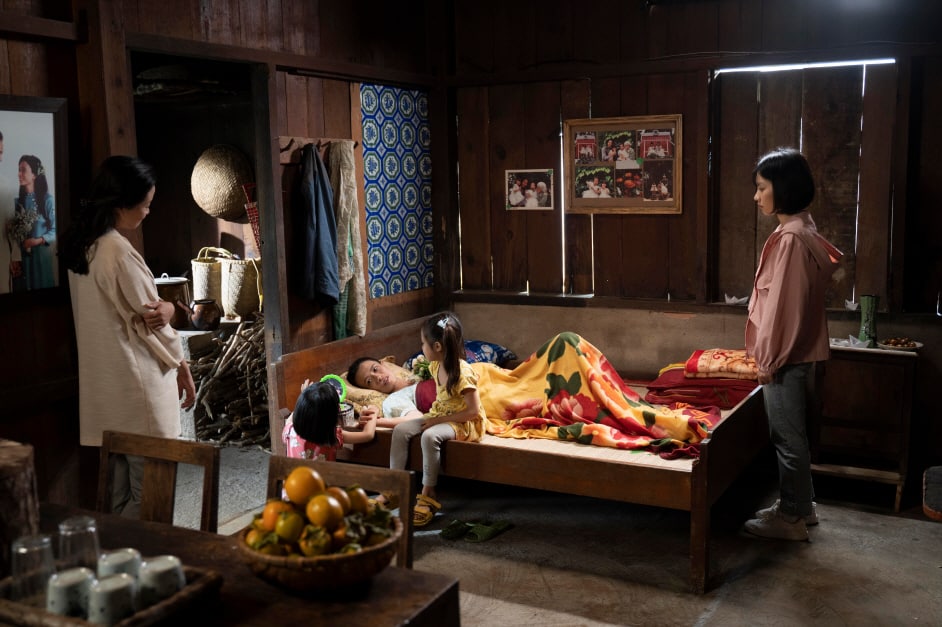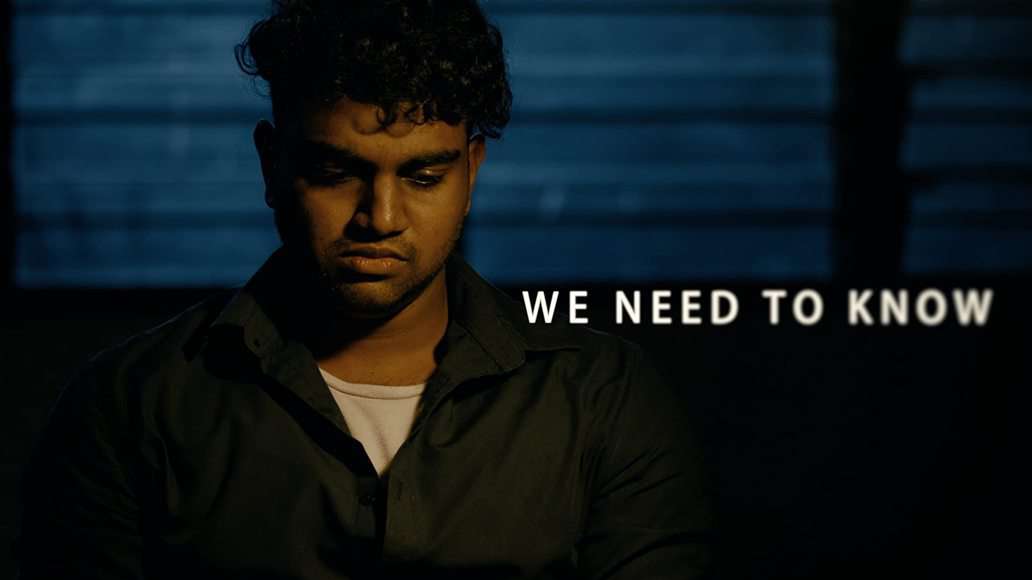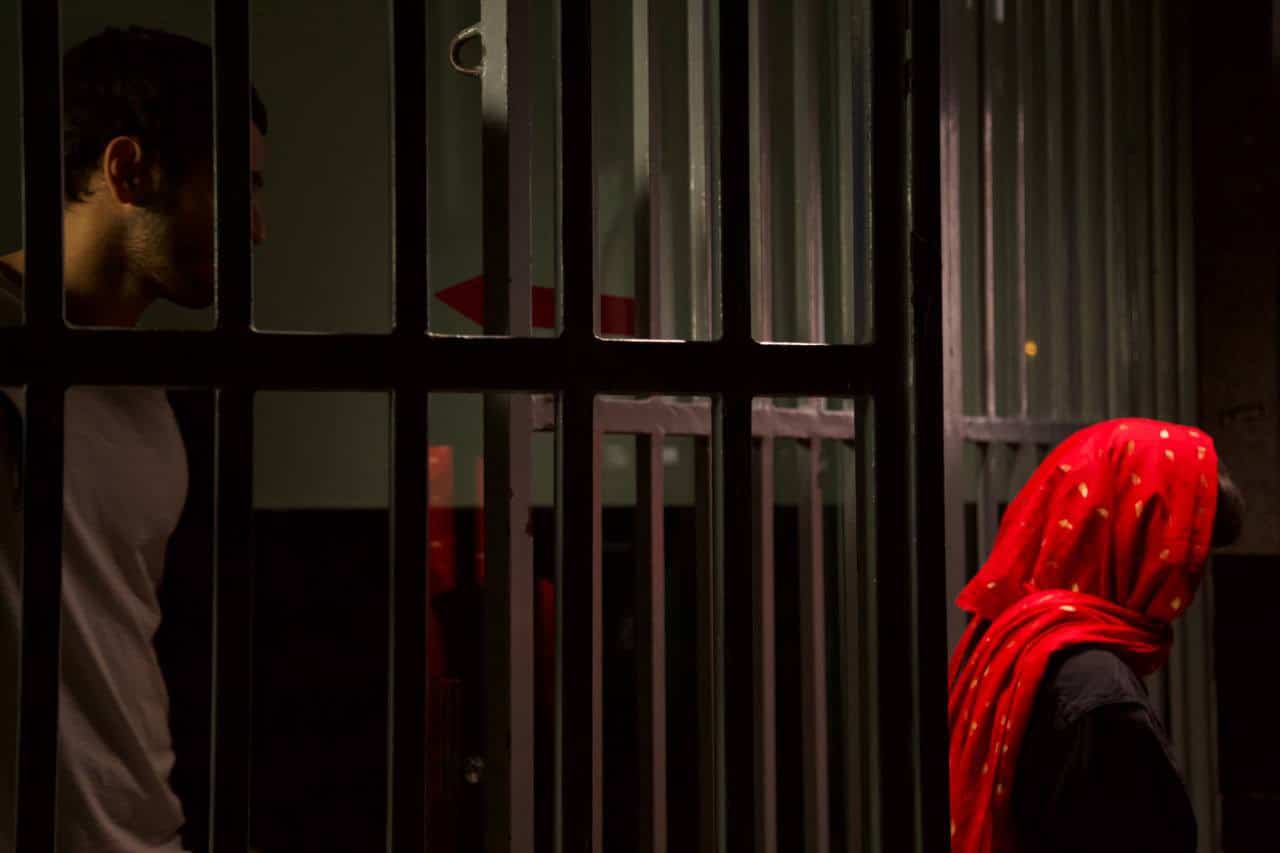Reportedly the first movie in a series of films, with “Water” having been selected for the Asian Project Market (APM) of BIFF 2021, “Memento Mori: Earth” is a somewhat abstract movie that seems to focus on death, in a personal trip that also appears to function as a tribute to the people who have died of cancer and as a healing process for Marcus Vu Manh Cuong, in his feature debut.
Memento Mori: Earth is screening at Busan International Film Festival

The film is set on a coffee farm in the Central Highlands of Vietnam and unfolds in a non-linear fashion, through a series of vignettes. The main theme, however, is Van, a mother of two, who is dying from cancer at the age of 27. As the movie begins, her husband and her father are having a heated conversation about her decision to donate her organs after her death, with the latter being particularly aggravated by her wish to give away her corneas. As the movie progresses, we also learn that Van's mother also died at the age of 27 in an accident in the coffee fields. The past, the present and the future all coexist here, with the narrative also including dreams, hallucinations, fantasies and extensive flashbacks, a number of which show Van's life in better health, working and taking care of her family and household, although the phantom of her sickness seems to lurk in every frame.
Through a rather thin narrative, with the argument about the transplant and some notions about the financial issues the family faces, Vu directs a film that is characterized by its intense ritualistic approach, as indicated by image, sound and Van's occasional narration. Furthemore, the movie also functions as a sort of a road film, although not in places, but in memories of things that happened and others that did not, as we witness the protagonist's “trip” from health to sickness and to death. At the same time, this is not only a path reserved for her, but also for the people around her, her father who cannot fathom losing another person so dear to him, but most of all her husband, who is actually the one eventually “accompanying” her to her last trip.
This approach forbids the movie from becoming a melodrama, despite the fact that all the elements are there, with Vu preferring to implement an approach that is essentially experimental, abstract and definitely non-linear. At 85 minutes, though, this approach becomes somewhat tedious after a point, as it becomes quite difficult to follow what is happening here, at least when something is actually happening.
What saves the movie, though, is its visuals, with Ngoc Khuyen Tran's cinematography capturing both the area and the domestic setting of the family through a combination of realism, surrealism and artistry which fits the overall aesthetics here to perfection. Particularly a number of long shots, the one beneath the tree with the flamboyant flowers and the final one on the hill are bound to stay on the viewer's mind, as their quality matches the ones of paintings. Le Hoang Phuc Nguyen's editing essentially scrambles the timeline, in a way, though, that also fits the general narrative approach of the movie.
Nguyen Hai Yen as Van gives a captivating performance in the way she portrays her declining health, while Lam Duy Phuong as Hoang, her husband, is equally competent in the stoic way he presents his grief.
“Memento Mori: Earth” is a difficult film to watch due to its narrative approach, and the artistry here is not on the level of Le Bao's “Taste”. Which followed a similar path, to “excuse” the aforementioned issue completely. At the same time, though, it becomes evident that Marcus Vudire Manh Cuong has an eye for composition and some interesting ideas regarding his context, he just needs to polish his writing and presentation a bit in order to get to the next level.
















